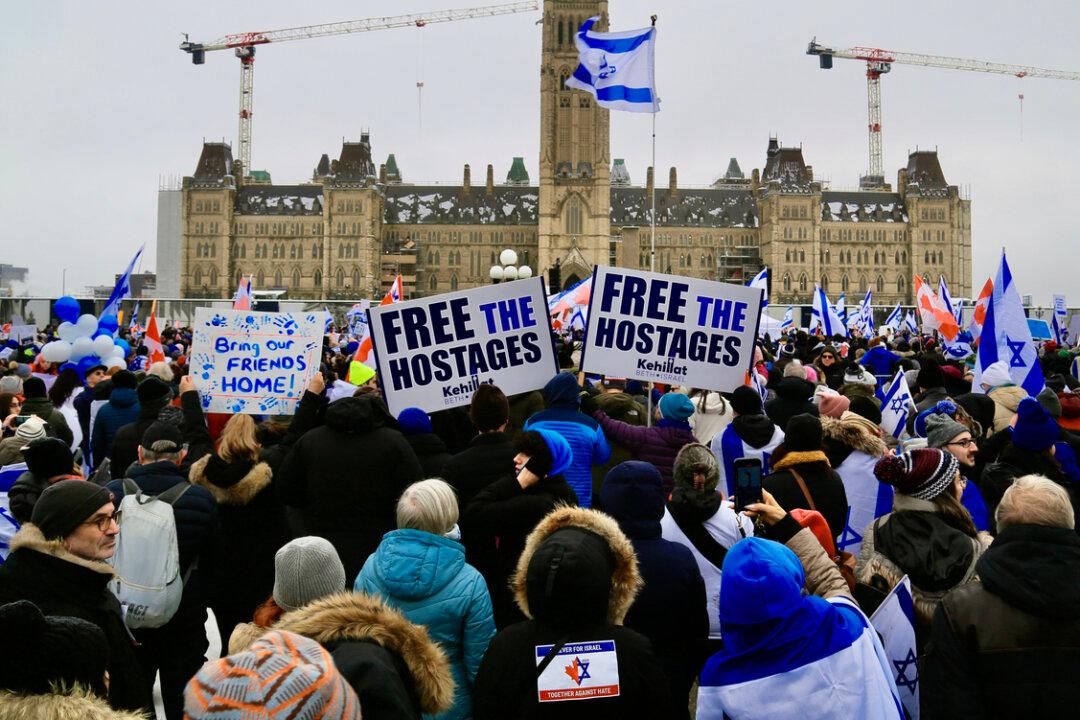Jewish advocacy groups are criticizing Canada’s decision to back a U.N. resolution calling for a ceasefire between Israel and Hamas, with the country reversing its position held since the Oct. 7 terrorist attacks.
“We’re disgusted and frankly shocked that only hours after issuing a statement preconditioning a ceasefire on Hamas releasing the hostages, stopping its use of Palestinians as human shields, laying down its arms, and surrendering its control of Gaza, Canada voted YES to a UN General Assembly resolution supporting a ceasefire.,” the Centre for Israel and Jewish Affairs (CIJA) said in a statement on Dec. 12.





